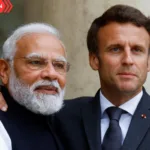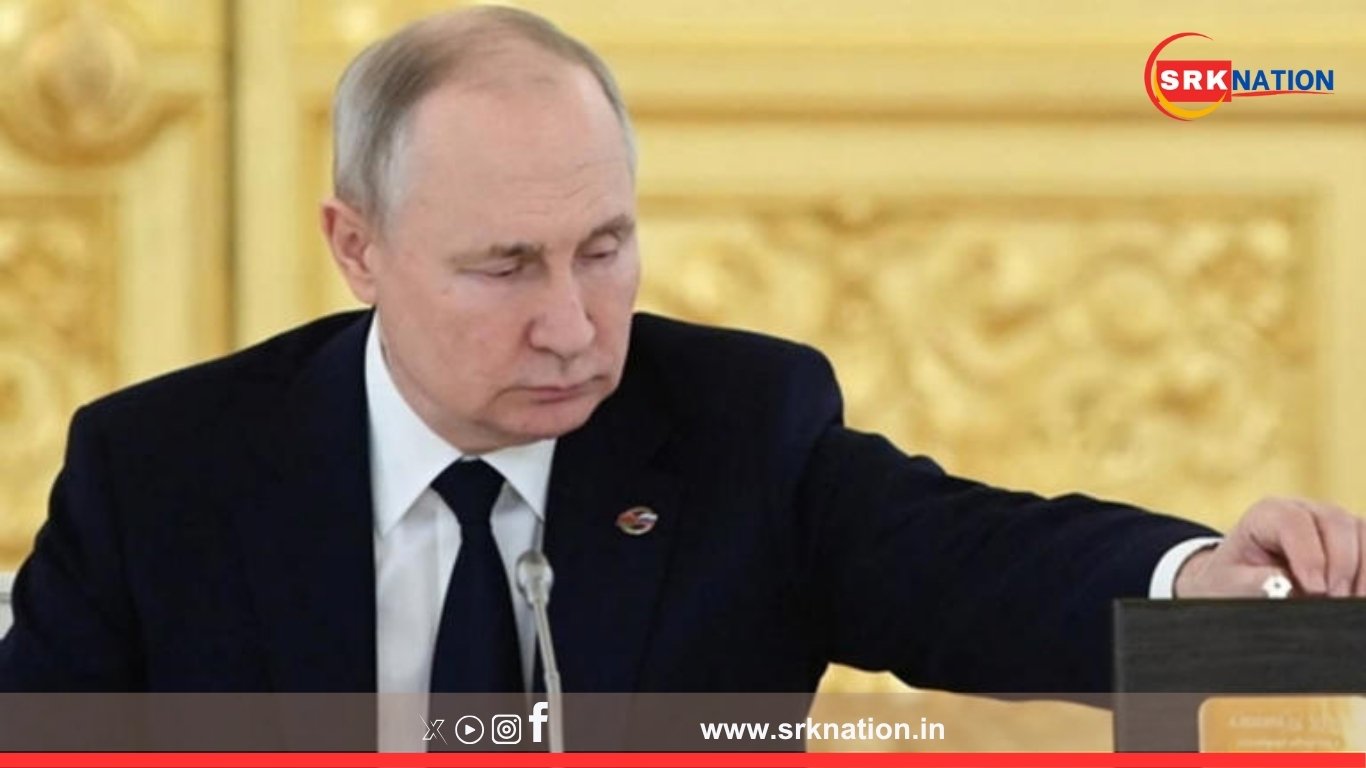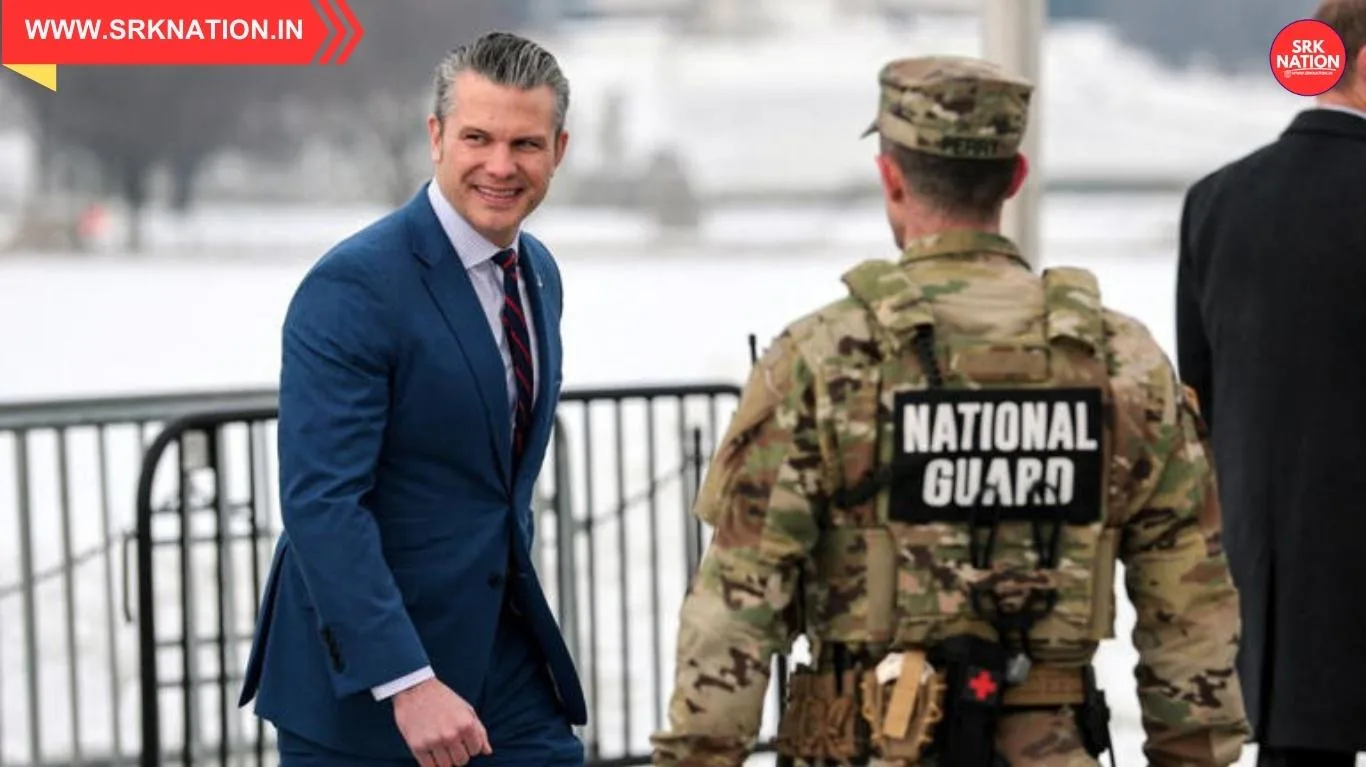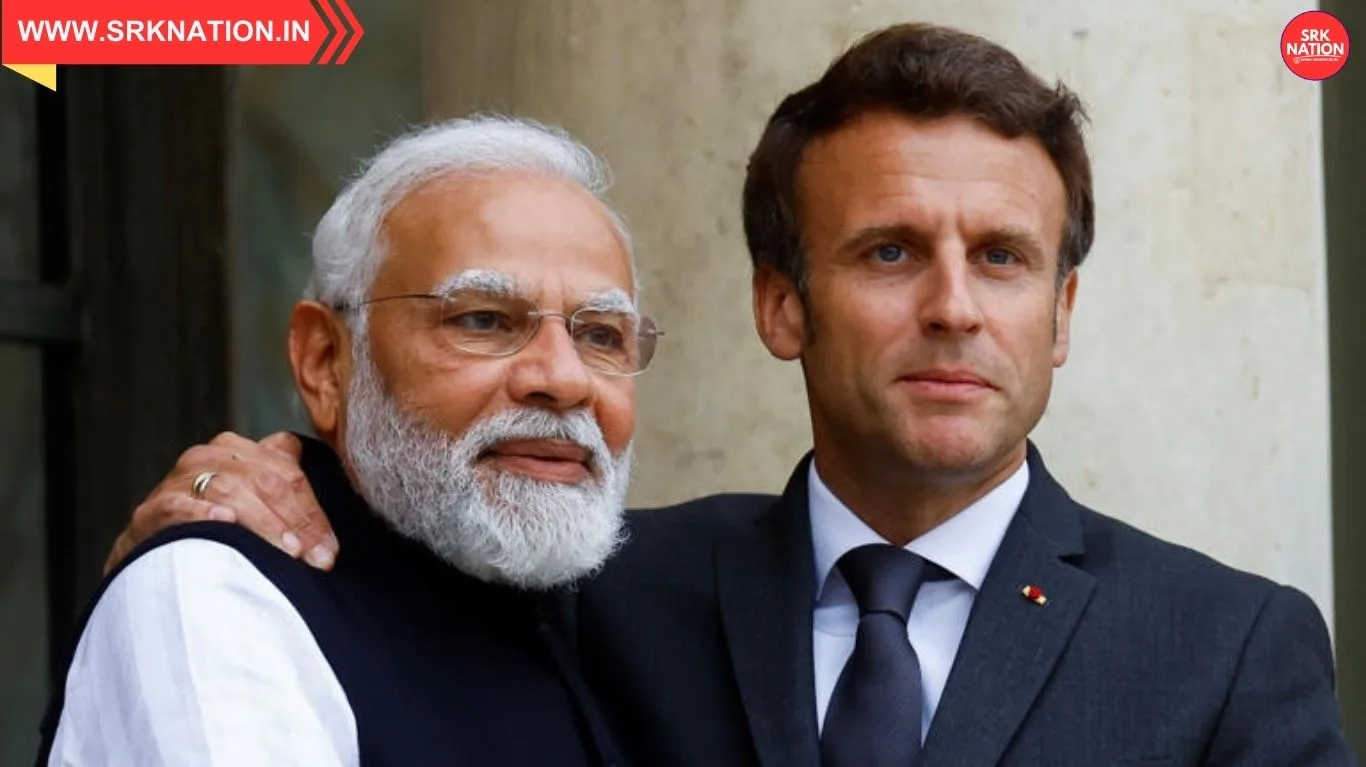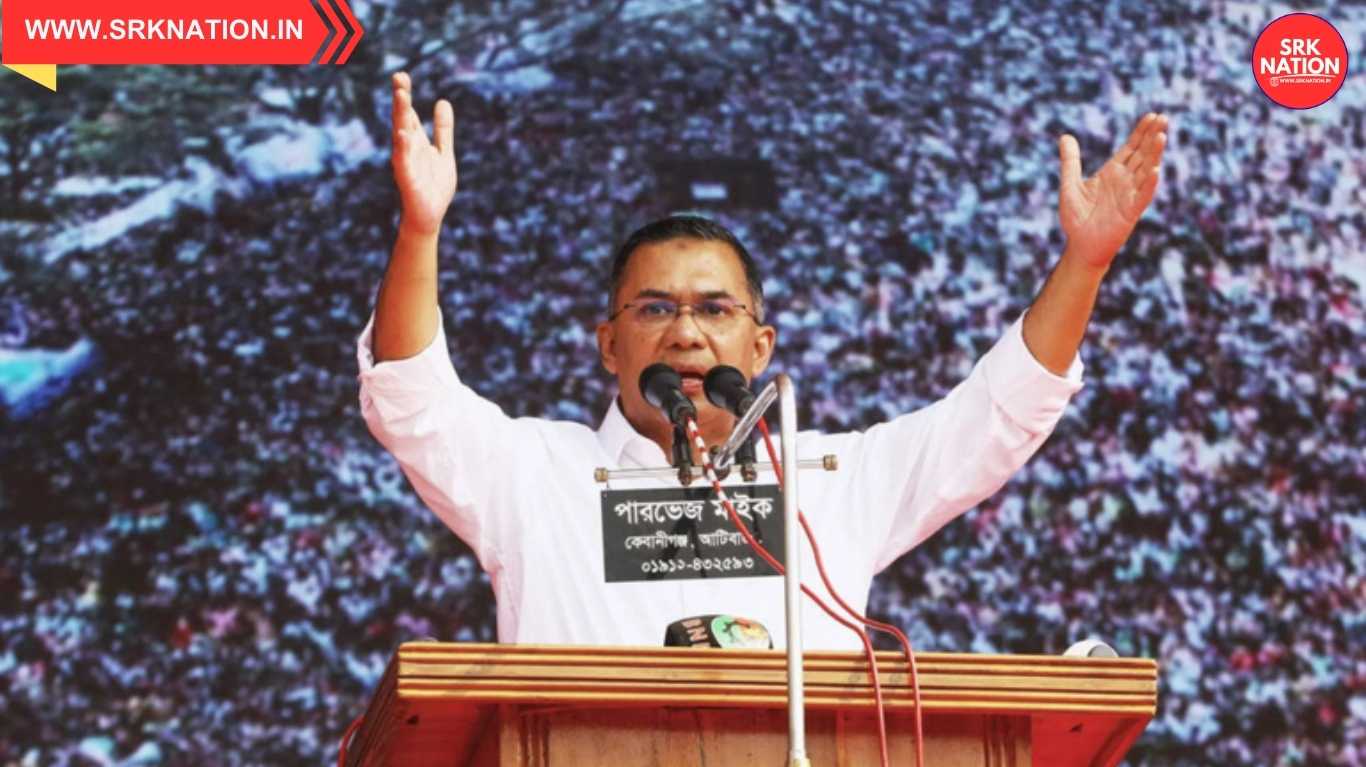India’s Operation Sindoor, a decisive military response to the Pahalgam terror attack, has sparked global reactions, but Russia’s neutral stance has raised concerns about India’s strategic autonomy.
🔴 Key Highlights:
- Russia, a long-time ally of India, remained noncommittal, urging both India and Pakistan to exercise restraint and resolve differences through diplomatic means.
- Unlike the US, which initially backed India’s counter-terrorist strike, Russia avoided direct support, citing the Simla Agreement (1972) and Lahore Declaration (1999).
- India’s diplomatic focus was on Saudi Arabia, UAE, the US, European nations, and Russia, with Saudi and UAE’s neutral positions seen as foreign policy successes.
- Russia’s South Asia policy prioritizes maintaining ties with India, but also engages Pakistan due to its influence in Afghanistan.
📢 Expert Analysis:
- Strategists argue that India’s multi-alignment approach—balancing ties with QUAD, BRICS, and SCO—has led to limited external support during crises.
- Russia’s balancing act reflects its geopolitical compulsions, including dependence on China and concerns over regional stability.
⚠️ Strategic Impact:
- India’s strategic autonomy offers flexibility, but limits guaranteed support from allies in critical moments.
- The response from Russia signals a shift in global alliances, urging India to reassess its diplomatic strategy.
👉 What do you think? Should India rethink its approach to strategic autonomy? Drop your thoughts in the comments!
🔴 Share this post to keep everyone informed! 🚀🔥






